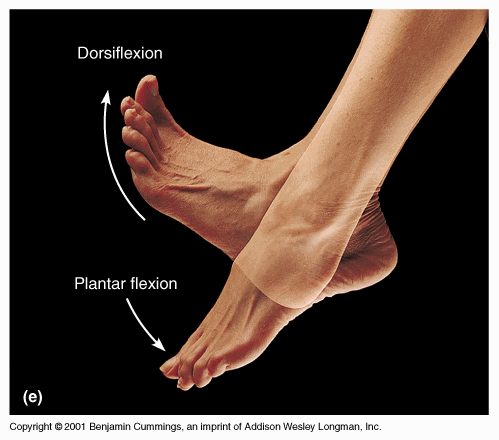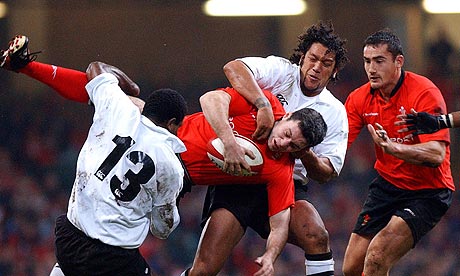
Often times when we step foot in the gym it's with the intent at getting better at something. Maybe we want to accelerate our fat loss goals (a big one at this time of year). Or maybe we want to improve our joint function and move a little bit better. And then sometimes the goal is to perform better. Specifically with respect to sports.
And this is my passion. Don't get me wrong it's very satisfying to hear of someone who's had shoulder pain for years tell you how they now sleep through the night because digging their elbow into the mattress to turn over doesn't wake them up anymore. (hello AV!)
Or someone else who tells you how their hip pain has improved enough they can finally make a trip to their home country where there was not an unbandance of modern plumbing and thus had to be able to maintain a static deep squat. (BG will vouch for me on this one!)
And then there has been countless stories of the many who have lost pounds and inches off their bodies. How their confidence and energy are at all time highs and life hasn't been better for them.
These are all the things that make getting up when it's still cold and dark out that much easier.
But when it comes to training for performance there's no comparison. That's when it gets fun for me.
And here's the interesting thing.
Sports performance and sports training are completely different.
What?
How can that be?
Wasn't sports training supposed to be as 'sports-specific' as possible? (I put that term in quotes because it can so many different things to do different people)
Actually no.
Sports training is quite distinct from sports performance. And here's how.
1. Sports performance is on the balls of the feet whereas sports training is on the heels. Ever watched a player get burned in a game? They refer to that player as being 'flat footed'. They weren't in the athletic position of being on the balls of their feet.
Sports training however, especially the ground based movements, involves driving through the heels to complete a movement. Imagine pulling a bar off the floor for a deadlift. How would this work for you on the balls of the feet? Not very well would it?

2. In sports performance dorsiflexion is vital. In sports training control of dorsiflexion is. Think of a top multi-directional athlete? In order to accelerate and change directions on a dime they need at least 20 degrees of dorsilexion if not more. Contrast this in the weight room where many are quad dominant and will preferentially load their quads as evidenced by the shin driving forward.
3. In sports performance complete exhaustion may occur. In sports training complete exhaustion should not. When you're playing in a game situation you want to give your all. Leave it all on the field. In training we want to stimulate but not annihilate. In training it's always better to do 10% too little and come back marginally stronger or fitter than 1% too much and over reach or over train.

4. In sports performance the conditions are chaotic. In sports training the conditions are controlled. I'm sure every athlete out there has played in a game with terrible weather. And every game with an opponent involves reading and reacting to unpredictable situations. In sports training we aim to minimize the potential for injury and control some of the elements that may potentially increase the chance of injury.
There are many more example we could look at from differences in breathing, to control of acute variables, to isolation or compound movements.
The point is that sports training is vastly different from sports performance.
And if you did try and make your sports training match your sports performance you would be:
* sacrificing potential gains on the weight room floor
* develop over use patterns
* increase the potential for injury.
So if sports training if your goal take a look at your program and ask yourself if it is designed to lead to improved performance on the field of play.
Not sure?
Post a comment regarding your program and I'll advise you.
Chris okanaganperformance.com 'always moving forward'